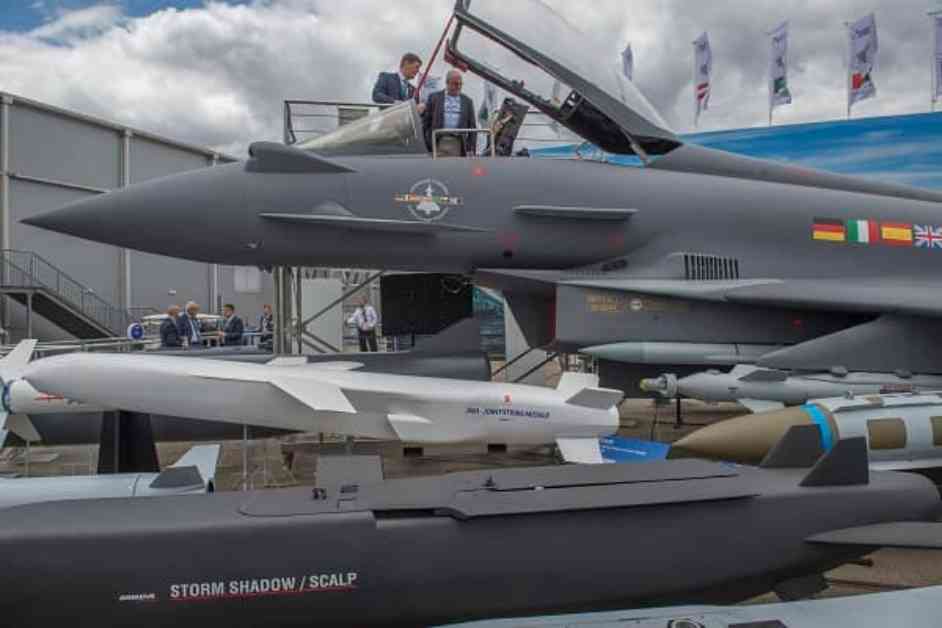Slovenia Urges Ukraine to Exercise Caution in Dealing with Russia
Slovenia has issued a cautionary statement to Ukraine, advising against any rash decisions to launch attacks deep into Russian territory using long-range weapons. Prime Minister Robert Golob emphasized the importance of exploring all options and engaging in thorough discussions before taking any drastic measures. Golob stressed that it is not advisable to rule out certain issues from consideration prematurely, as a comprehensive approach is essential in addressing the complexities of the situation.
The Slovenian Prime Minister’s stance reflects a broader concern over the escalating tensions between Ukraine and Russia, with the potential for nuclear threats looming large. Golob’s call for strategic deliberation and careful decision-making underscores the gravity of the situation and the need for a measured response to avoid further escalation.
Russian Response to Ukraine’s Military Actions
In response to Ukraine’s efforts to secure Western support for the use of advanced weaponry against Russian military targets, the Russian government has issued stern warnings regarding the potential consequences of such actions. Deputy head of the National Security Council Dmitry Medvedev cautioned that any attack on Russia with the backing of a nuclear-armed country would be considered a joint assault, invoking the possibility of nuclear retaliation.
Russian President Vladimir Putin has revised the country’s nuclear doctrine to include provisions for the use of nuclear weapons in response to long-range attacks by Ukraine utilizing aerospace weapons. The shift in Russia’s stance underscores the seriousness of the situation and the willingness to resort to extreme measures to defend the country’s sovereignty and security.
Implications of Nuclear Threats in Eastern Europe
The escalating tensions between Ukraine and Russia, coupled with the specter of nuclear threats, have raised concerns among global leaders about the stability and security of Eastern Europe. The potential for a nuclear conflict in the region poses a grave risk to international peace and security, prompting calls for de-escalation and diplomatic solutions to prevent a catastrophic outcome.
The prospect of nuclear retaliation in response to military actions in Eastern Europe highlights the need for heightened vigilance and diplomatic engagement to avert a full-blown crisis. The delicate balance of power in the region underscores the importance of strategic decision-making and conflict resolution mechanisms to prevent a dangerous escalation of hostilities.
In conclusion, the situation in Eastern Europe remains precarious, with the threat of nuclear conflict looming large. The warnings issued by Slovenia and Russia underscore the need for caution and thoughtful consideration in dealing with the complex dynamics of the region. As global tensions continue to rise, diplomatic efforts and dialogue must take precedence to prevent a catastrophic outcome in Eastern Europe.

